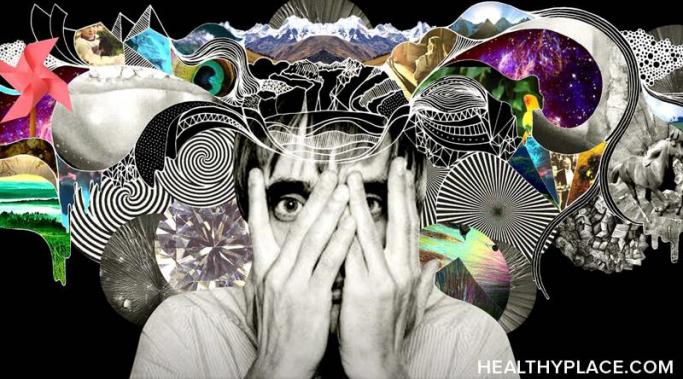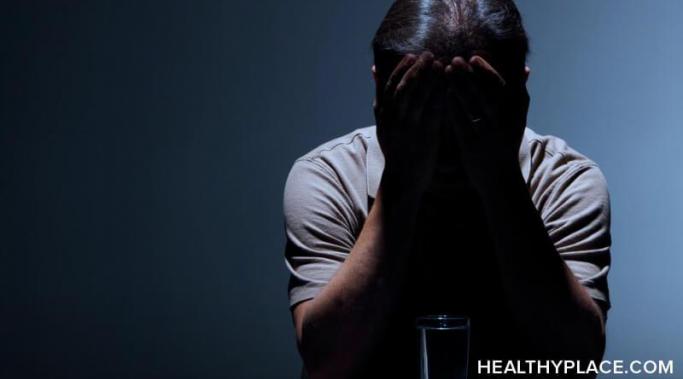Many people spend time trying to figure out why they have bipolar disorder. There are many things that can contribute to it, so its origins often aren't really clear. But the question is, does it really matter why you have bipolar disorder?
Understanding Mental Illness
The isolation required by coronavirus is exhausting me. I find this odd as isolation doesn't require that you "do" anything, per se. We're not talking about a state in which one must exert oneself. We're talking about a state in which one must binge Netflix. It doesn' seem like that would make a person tired. It turns out, that's wrong, however. Make no mistake about it, coronavirus isolation is making me exhausted.
I've found hope is harmful. I know, the reflex is to disagree with this, but, at least in my case, hope is harmful. I recently found a bit of hope of ending a profound, debilitating depression. I knew feeling that hope was a mistake, but some part of my brain refused to listen to that. And sure enough, it turned out that hope was harmful.
Never tell a person with depression to lighten up. Take my advice here, and just don't do it. There is an infinite number of things to say to a person with depression that is appropriate, but telling a person with depression to "lighten up" is not one of them.
The holidays are full of good things, but even these good things can cause bad bipolar moods. I know this might not make sense to some people -- after all, when something good happens, shouldn't that improve a person's mood? Well, this isn't exactly true if you have a serious mental illness like bipolar disorder. Yes, you might find good things improve your mood or you might find good things actually cause bad bipolar mood symptoms. Read on to learn more.
In bipolar disorder, stress is a problem. This is not to suggest that stress can't be a problem for anyone, but stress can actually worsen the symptoms of bipolar disorder and decrease stability so it's something we with bipolar really have to be concerned about. Read about how stress feels in bipolar disorder and what you can do about it.
Many people associate self-harm with borderline personality disorder -- and rightly so, as self-harm is a symptom of borderline personality disorder -- but can you self-harm and not have borderline personality disorder? Or, more specifically, can you self-harm and still be correctly diagnosed with bipolar disorder (or something else) and not borderline personality disorder? Self-harming and not having borderline personality disorder is actually quite common.
Bipolar depression can last for years. Now, I know, bipolar disorder is a cyclical illness – i.e. you cycle through various states like hypomania, mania, depression and euthymia (no symptoms). This is true. But it is also true that a person can get trapped in one of the mood states. This isn’t necessarily the most common manifestation of bipolar disorder, but it does happen. And usually, if you’re trapped in a particular mood state, it’s bipolar depression that lasts for years.
Rumination in depression (both unipolar and bipolar depression) is common, and it is typically a negative thing. Doctors will ask about ruminations as will therapists; but what is rumination and how do you handle rumination in depression?
It can be challenging to be a friend of a person with bipolar disorder. I freely admit this. I know that my life is difficult for me to deal with and, certainly, it can be difficult for anyone else. Nevertheless, friendship with a person who has bipolar disorder can be just as rewarding as any other friendship.









